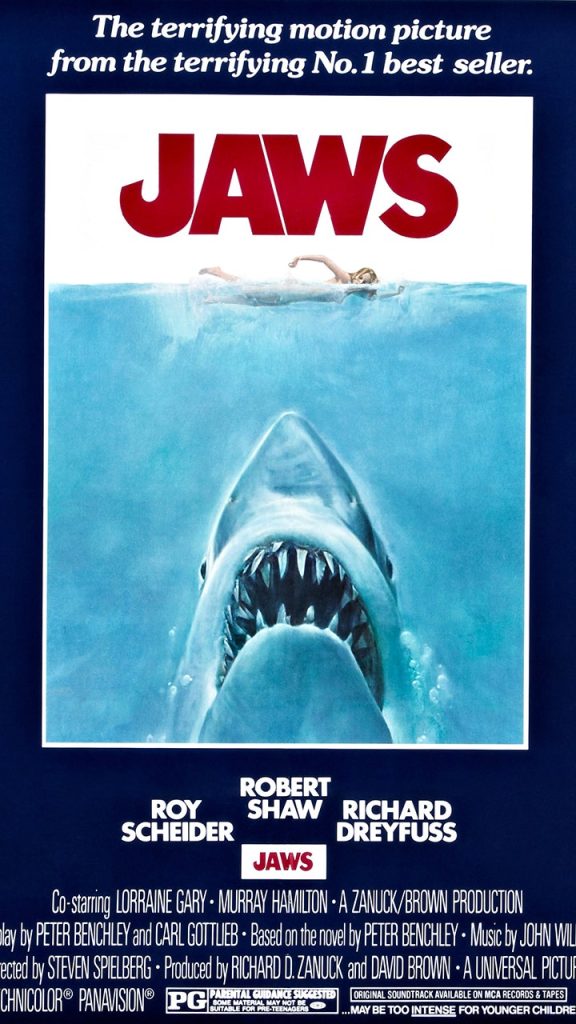On June 20, 1975, the iconic movie “Jaws,” directed by Steven Spielberg, was released in theaters in the United States. The film tells the story of a great white shark terrorizing a New England beach resort town and became a blockbuster hit. It was the highest-grossing film in history until “Star Wars” surpassed it in 1977, winning three Oscars in categories like Best Film Editing and Best Original Score. The movie marked a career breakthrough for Spielberg and spawned several sequels, featuring actors like Roy Scheider, Richard Dreyfuss, and Robert Shaw.
Based on a bestselling novel by Peter Benchley, film producers Richard D. Zanuck and David Brown were inspired by the story and decided to bring it to the big screen. Despite facing delays and technical difficulties during filming, including malfunctioning mechanical sharks, the movie was made on location in Martha’s Vineyard, Massachusetts. Spielberg’s decision to film on the ocean was unconventional for major features and presented challenges such as bad weather, drifting sailboats, and wet cameras. The soundtrack, composed by John Williams, became a memorable part of American culture with its eerie and suspenseful theme.
“Jaws” was followed by three sequels, none of which managed to replicate the success of the original film. The franchise’s decline culminated in “Jaws: The Revenge,” considered one of the worst movies ever made. Spielberg later expressed regret over the negative impact of the movie on the perception of great white sharks, leading to a decline in their population due to increased hunting. The legacy of “Jaws” includes setting the standard for summer blockbusters, revolutionizing the release calendar and changing the way movies were marketed and distributed. The film’s impact on popular culture and filmmaking continues to be felt decades later.
Spielberg has spoken out about how the portrayal of sharks in “Jaws” contributed to a backlash against the animals, leading to conservation concerns and negative consequences for shark populations. Despite fears about the film’s influence on public perception of sharks, Spielberg remains proud of the impact “Jaws” had on cinema. The movie’s success paved the way for the concept of the summer blockbuster, reshaping the industry and influencing the marketing strategies of future films. The iconic theme music composed by John Williams has become ingrained in pop culture, evoking fear and suspense with just a few notes.
The production of “Jaws” faced numerous challenges, including budget overruns, filming delays, and technical difficulties, but ultimately became a critical and commercial success. The film’s ensemble cast, led by Roy Scheider, Richard Dreyfuss, and Robert Shaw, helped bring the story to life on the big screen. The movie’s impact extended beyond the box office, sparking a cultural phenomenon that continues to resonate with audiences today. “Jaws” remains a classic of American cinema, a testament to the enduring power of storytelling and the influence of a truly groundbreaking film.


